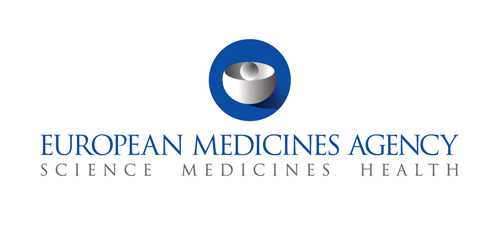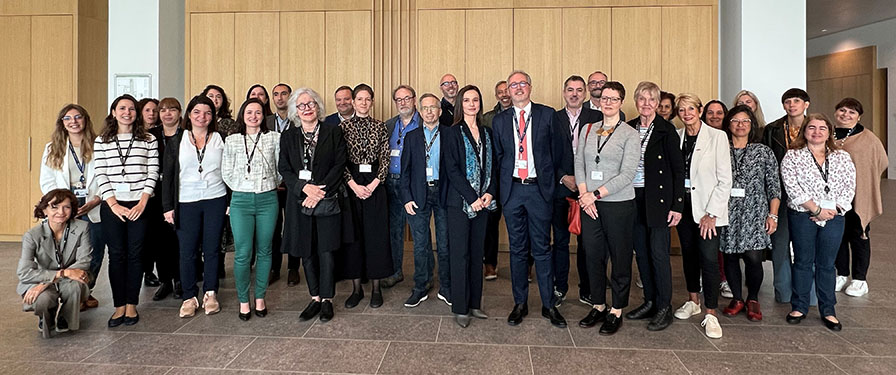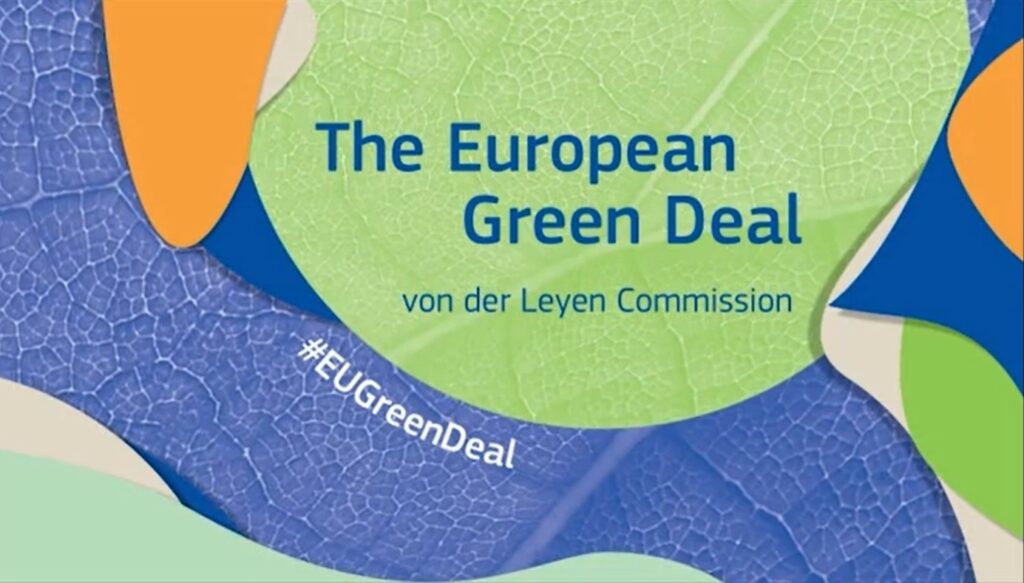Advocating for more accessible, patient-centric and cleaner medicines

EFA’s contribution to the European Medicines Agency
In 2022, EFA continued providing essential input to the European Medicines Agency Patient and Consumer Working Party (EMA PCWP). With the entry into force of the new mandate of the EMA in March 2022, that extends its responsibility to address shortages on medicines and medical devices and sets up a permanent emergency task force, EFA participated in a consultation reviewing an EMA draft list of Main Therapeutic Groups (MTGs) of medicines that are necessary for emergency care, surgeries and intensive care, and we proposed to add allergy medication, that now appears on the EMA list.
EFA also reviewed two package leaflets on medicines to treat severe eosinophilic asthma in adults and to treat adult patients with moderate to severe chronic obstructive pulmonary disease (COPD). Importantly, EFA participated for first time in an EMA early contact on the authorisation of a treatment of moderate-to-severe atopic dermatitis in adults and adolescents.
EFA also shared with EMA our limited patient evidence on pholcodine (a substance that might lead to adverse allergic reactions and is present in medicines for cough) before the agency decided to launch an urgent review procedure on the authorisation of this medicine, and finally recommended its withdrawal.
EFA at the EMA
In 2022, EFA participated in:6PCWP meetings1annual training session3workshops on the EMA extended mandate, on shortages and on patient experience data in medicines development and regulatory decision-making1stakeholder meeting on the 3rd EU Big Data Stakeholder Forum2surveys on EMA communications perception and on the utility of safety communications on COVID-19 vaccine1interview on patient involvement at EFA with the National Institute for Health of Japan

In 2022, EFA was renewed as an eligible organisation to the PCWP, represented by Isabel Proaño and Erna Botjes.
EU revised laws on pharmaceutical products and medicines for children
The revision of the general pharmaceutical legislation, the main body of EU law governing development and introduction of medicines in Europe, expected in 2022, got significantly delayed. This revision has a high ambition: proposing EU incentives to foster innovation, especially in areas of unmet medical need, while ensuring access to affordable medicines and avoiding shortages.
In 2022, while awaiting the proposal we brought our views in shortages and patient evidence discussions at the European Medicines Agency (EMA) and adopted a joint policy brief with the European Lung Health Group policy brief (see page X).
In different occasions we also raised our concerns about the difficulties relating to the use of drug-device combinations among patients, and how addressing some of the issues within the revision of the EU pharmaceutical legislation could ease the situation for patients, who require education and training on the techniques to use these complex treatments as well as well as to adhere to the medicine they need to treat their allergy, asthma and COPD.
F-Gases: regulating the climate change impact of rescue inhalers while putting our patients first
In 2022, EFA informed the debate around the Fluorinated Greenhouse Gases Regulation, an EU climate action law aimed at reducing the use of gases contributing to climate change, some of which are used in rescue inhalers for asthma and chronic obstructive pulmonary disease (COPD), the so-called metered-dose inhalers (MDIs).
In June, we expressed our concerns about some weaknesses of the modelling of the F-Gases proposal that assumed the transition would ‘just happen’ within the timeframe of 2027-2030. EFA argued the transition requires the involvement of manufacturers, regulators and the whole healthcare system as a premise to avoid any negative consequence. EFA shared with the nine MEPs working on the file recommendations to strengthen the proposal to avoid medicines shortages and chain disruptions, via the inclusion of exceptional derogations in the event of risks to public health and the participation of patients into the consultative forum overseeing the transition.
